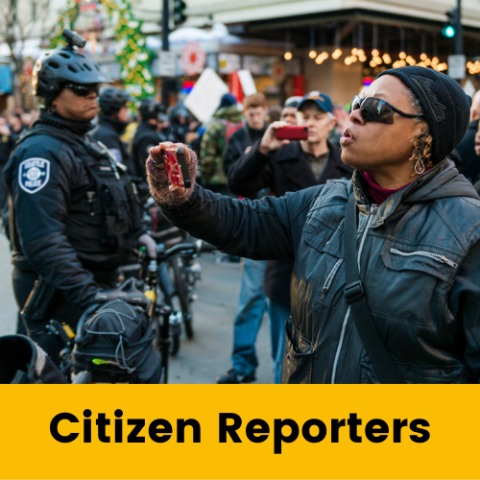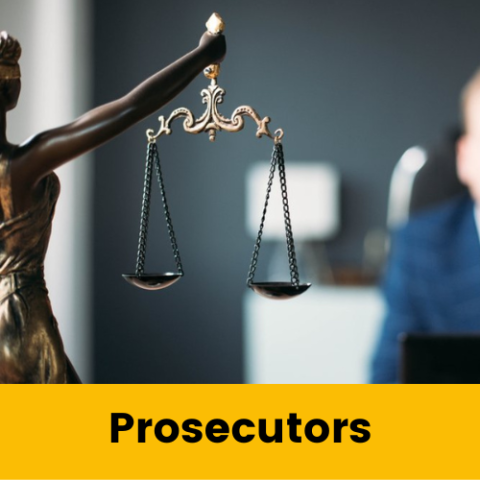The bedrock of due process and fairness in criminal discovery, known as the Brady Doctrine, is deeply rooted in the constitutional guarantees drafted by James Madison in 1791. The right to due process has been fundamental in our nation’s judicial system for more than 230 years. The due process limitation on governmental power is so crucial to the promises of liberty and equality demanded by the founding principles of our nation that John A. Bingham succeeded in nationalizing these same rights among all states when he penned
nor shall any state deprive any person of life, liberty, or property, without due process of law; nor deny to any person within its jurisdiction the equal protection of the laws.
into the 14th amendment in 1886. 95 years after Madison, Bingham found it necessary to clarify and enshrine these rights once more. Not with the intent of being duplicative, but because it became necessary to remind governments of their role and limitations. 77 years later, the Supreme Court of the United States was met with a similar burden, in which it found the remedy was, yet again, to remind the government of its role and limitation in order to preserve the rights afforded by our Constitution. They did so with their rulings in Brady v. Maryland.
Brady established the principle that prosecutors are required to disclose exculpatory evidence to the defense, earning the moniker Brady disclosures. This evidence, when withheld, not only undermines the integrity of criminal trials and erodes the public trust in our legal system, but also inflicts an often irreversible injury upon the due process rights of the accused. The Supreme Court recognized the irreparable harm these violations cause and set out a progeny of case law that further clarified and enshrined the demand for such disclosures to ensure and protect due process and equal protection rights.
In failing to disclose such evidence, the prosecution prejudices the scales of justice in his favor by skirting the limitations of governmental power placed upon him through constitutional safeguards. Courts throughout our nation are embroiled in overturning wrongful convictions due to such violations, causing the public to doubt our system’s ability to “get it right”.
Place three individuals in a situation wherein the interest of each depends on the voice of the others, and give to two of them an interest opposed to the rights of the third. Will the latter be secure? The prudence of every man would shun the danger. The rules & forms of justice suppose & guard against it. Will two thousand in a like situation be less likely to encroach on the rights of one thousand? (James Madison 1821).
If one were to analogize the three people in Madison’s quote to be a prosecutor [whose interest is gaining a conviction], a police officer witness [embarrassed by a misconduct record], and a defendant… Will the latter be secure? When each depends on the voice of the others, and the two government actors' interests are opposed to the rights of the defendant, the field has been sown for a deprivation of rights to grow. The dynamics of Brady violations were of concern long before our modern day police unions began utilizing lobbyist and collective bargaining to gain advantageous administrative policies that rival due process protections within any criminal discovery code. In many jurisdictions, such policies (not law) effectively chill the disclosure of records to defendants without specific requests and special hearings (contrary to Brady). Meanwhile prosecutors stand in contradiction to their known duty to disclose, and reap the benefit of the defendant being forced to essentially prove a negative on appeal. The adept prosecutor’s nondisclosures may often go unrevealed, as without evidence, how does one prove evidence exists? Exposed violations still prejudice the defendant to the cumbersome burden of proving such a violation occurred, and he then overcomes the procedural handicap of the Court’s inability to review evidence outside the record. These instances lead to innocent people languishing behind bars for years, losing large swaths of their lifetime to the government’s misconduct.
Now imagine, if you would, a world where we could reduce or prevent Brady violations before they created a wrongful conviction? This case presents an opportunity for this Court to intervene and remedy a Brady Violation before conviction, thereby preventing a miscarriage of justice.
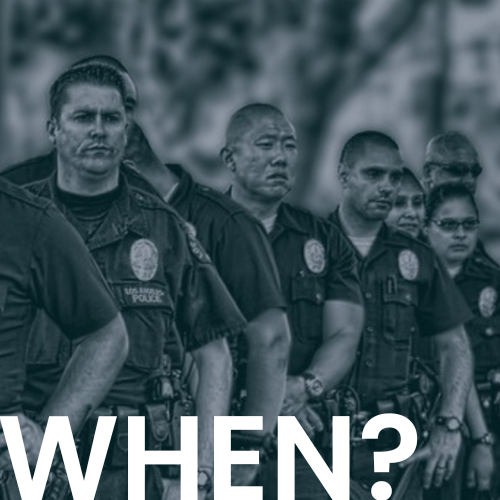
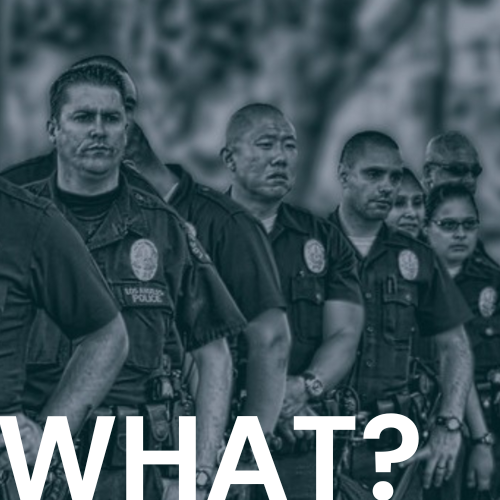
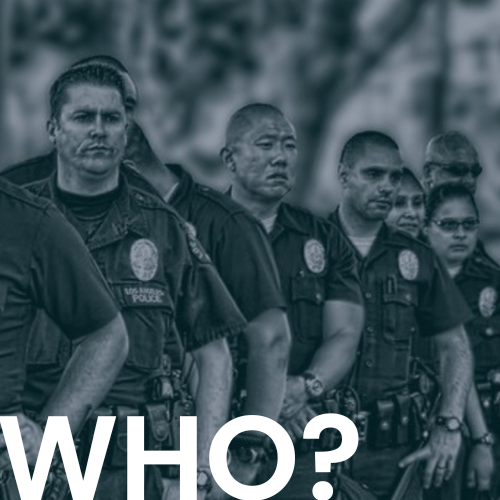
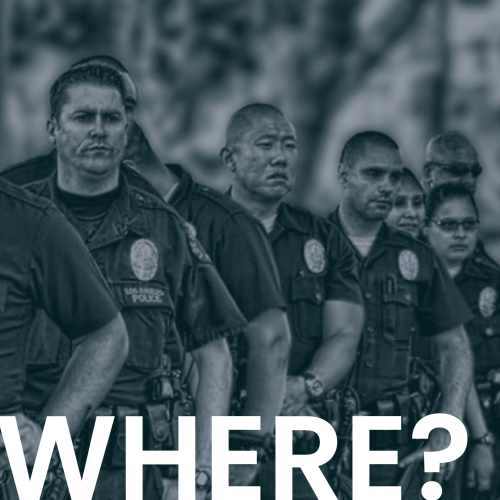
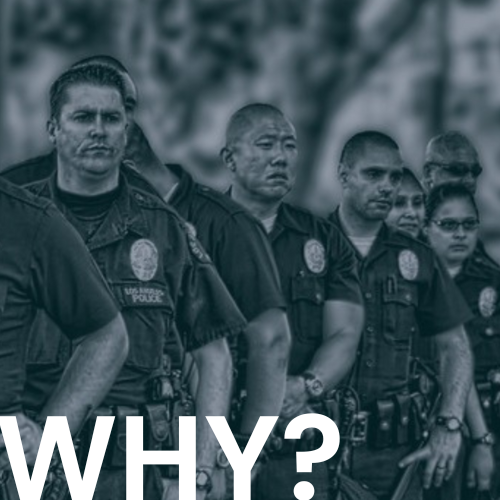
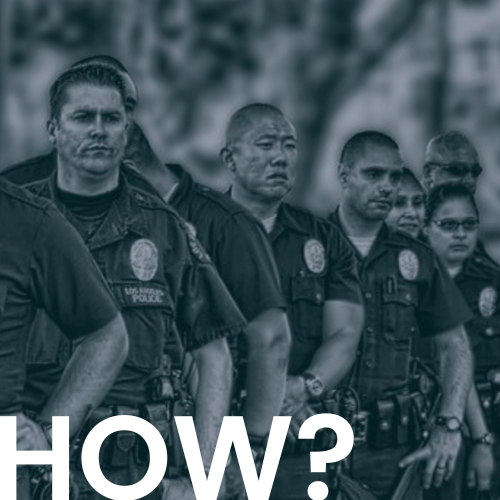
![Peace Officer Standards & Training [POST] Departments Peace Officer Standards & Training [POST] Departments](/sites/default/files/styles/large/public/2023-07/Brady.png?itok=xsIFvU8R)
![Organizations [Law Enforcement et al.] Organizations [Law Enforcement et al.]](/sites/default/files/styles/large/public/2023-07/Brady%20%282%29.png?itok=H7Pj15F8)
